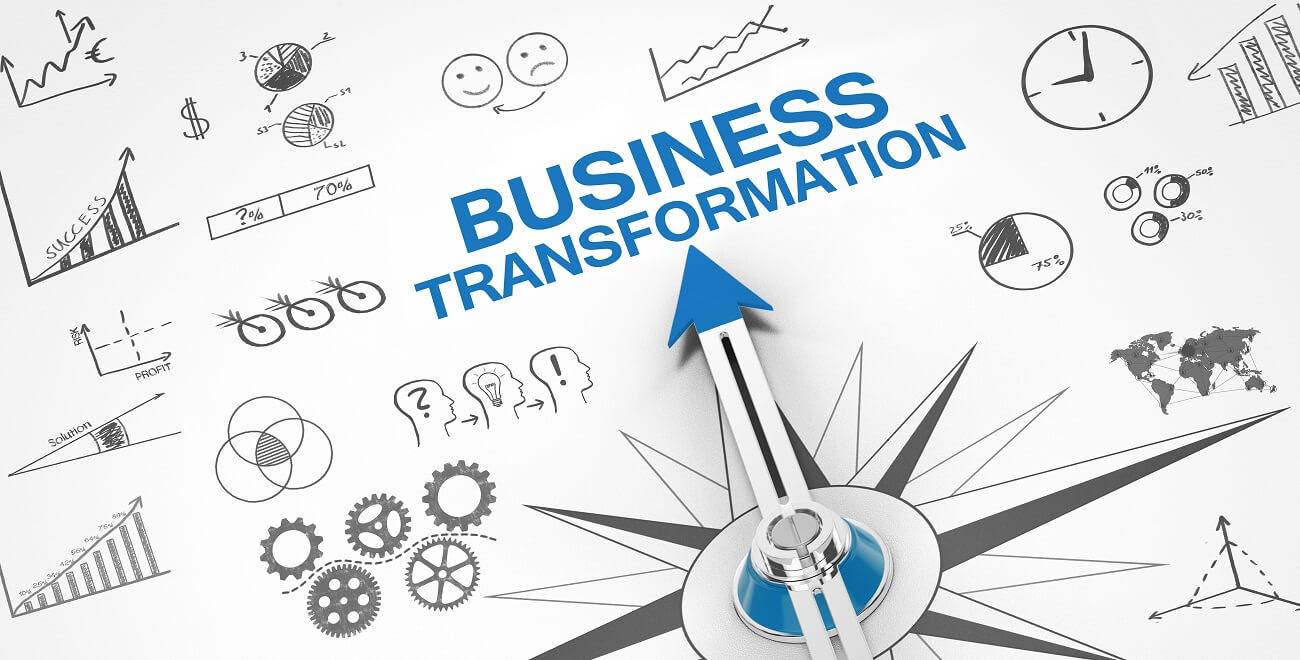
Four Reasons to Use the Cloud for ERP Modernization
The question that businesses are facing is not whether to upgrade their ERP systems, but how.
ERP systems serve as the backbone for most businesses; they are they definition of business software, running mission-critical applications across a company, from payroll and human resources to production and supplier management. All the most critical business processes run through a firm's ERP system.
Yet, ERP systems haven't exactly been nimble or the first to adopt new technologies. This has left many firms contemplating an ERP upgrade as ecommerce, mobile access, artificial intelligence, big data and a host of other new technologies have emerged and started to make their presence felt in the competitive business landscape. ERP modernization is important because at its root is business modernization, and businesses can ill afford to miss some of the biggest trends like greatly improved data use.
This ERP Upgrade is Different
Typically, ERP upgrades have come with a lot of pain. Because ERP systems sit at the center of a business, rolling out a new ERP solution has meant new hardware, large new software investments, loads of business process analysis, data integrations and months to years of prep work. The rollout of a new ERP system used to mean a mammoth up-front capital investment and lots of work for the IT department and the business as a whole. No wonder ERP systems typically get upgraded less frequently than other software solutions.
All this changes with cloud-based ERP, however. Gone is the big capital investment because cloud-based ERP vendors host the solution and maintain the physical hardware to run it. Gone is much of the integration headache, because cloud ERP comes with APIs that make it easy, and often one-click integrations to outside systems such as Amazon or ecommerce solutions like Woocommerce and Shopify. And while business process evaluation and system rollout still is required, cloud-based solutions often cut the time of deployment by half due to a company having to focus primarily on its needs and not as many technical details (check out our workbook on preparing for an ERP rollout to make the process even easier).
Upgrading to a new cloud-based ERP system hardly resembles the nightmare you might have faced during your last ERP rollout. Like all things cloud, ERP systems in the cloud are vastly easier than what came before.
Why Cloud ERP Helps with Modernization
There are many reasons why cloud-based ERP modernizes a business, but five of the biggest reasons include increased innovation, better line-of-business influence, more complete data use, and more IT flexibility.
Let's take each of these reasons in turn.
#1: Increased Innovation
Much of business now revolves around technology, and a few new technologies that are changing business and promise to continue influencing it are artificial intelligence, Internet-of-thing (IoT) and big data.
Businesses are just now starting to use these technologies for new business opportunities and adjusting existing business processes to take advantage of them. For tech firms, innovation is around the technologies themselves. But for most businesses, the innovation comes from novel use cases of these new tools.
To properly innovate, businesses need the ability to interface with these technologies. That means things like IoT and artificial intelligence must seamlessly connect with a company's backend systems, namely ERP. Cloud ERP facilitates this innovation by the nature of its inherent connectivity to other systems and constant upgrade as a cloud service.
#2: Better Line-of-Business Influence
One persistent problem at many firms is the separation between the IT department and the actual employees who need and use the systems. The persistence of this problem stems from the complexity of IT systems, and the inability of those in the IT department to fully participate in the selection and configuration of these IT systems.
Cloud-based ERP helps improve line-of-business influence, however, by making it easier for employees at all levels of the company to engage with ERP systems and help configure them for their actual needs. The cloud is famous for its accessibility and ease of use, and this is no different for cloud ERP.
#3: More Complete Data Use
One of the most important reasons for modernization is better data use; business is increasingly data-driven, and competitive advantage goes to firms that are most able to use their data.
By being in the cloud, cloud-based ERP can more easily connect business data with other cloud services such as analytics engines or the neural networks used for artificial intelligence.
Businesses also free data by using cloud ERP solutions, since this data can be stored in the system and accessed in real-time on mobile devices, laptops and other cloud services. Employees at every level can be given access to real-time data needed for their particular role within the company, and dashboards can make this data more usable without the need for the IT department.
#4: Additional IT Flexibility
Finally, businesses should choose cloud-based ERP for modernization because it greatly improves IT flexibility.
With the cloud, businesses free themselves from the burden of hardware and software maintenance, enabling IT staff to instead focus on strategic projects. Nimbleness is also increased because cloud ERP is scalable unlike on-premise solutions; businesses pay only for what they need in the moment, and can scale their ERP investment up or down as needed.
IT flexibility is further enabled because cloud ERP can easily be connected with other systems or web services, allowing IT departments to quickly evolve and try new solutions as needed.
The question of how a business should modernize its ERP system proves to be an easy one: Go cloud. ERP in the cloud is both the present and the future, and it can radically modernize how business operates.

